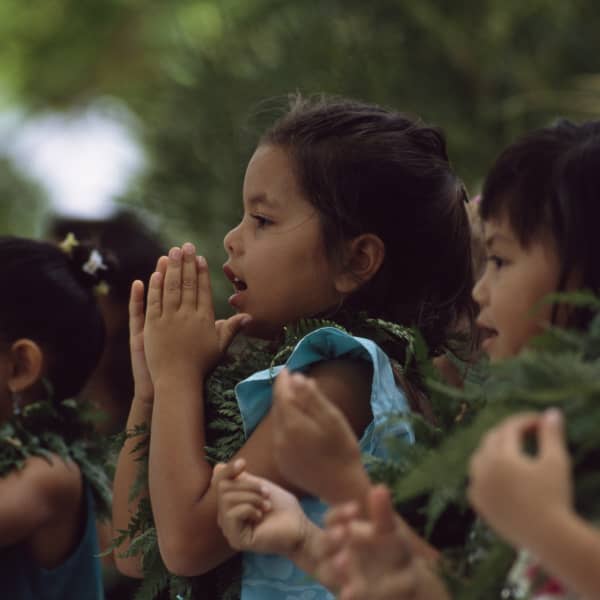
Traditions significantly shape culture by providing a framework for shared values, beliefs, and experiences within communities. They create continuity, binding generations together through rituals and shared stories, ultimately influencing societal norms ([4][5]). For instance, storytelling traditions reflect cultural identities and transmit moral values, serving to educate and preserve history ([1][5]).
Moreover, culture evolves as traditions adapt to contemporary societal shifts, reflecting the interplay between historical practices and modern influences. This dynamic allows cultures to maintain relevance while embodying the essence of their heritage ([4][6]). Through this process, traditions play a crucial role in fostering a collective identity and a sense of belonging among community members ([3][6]).
Get more accurate answers with Super Pandi, upload files, personalized discovery feed, save searches and contribute to the PandiPedia.
Let's look at alternatives:
- Modify the query.
- Start a new thread.
- Remove sources (if manually added).